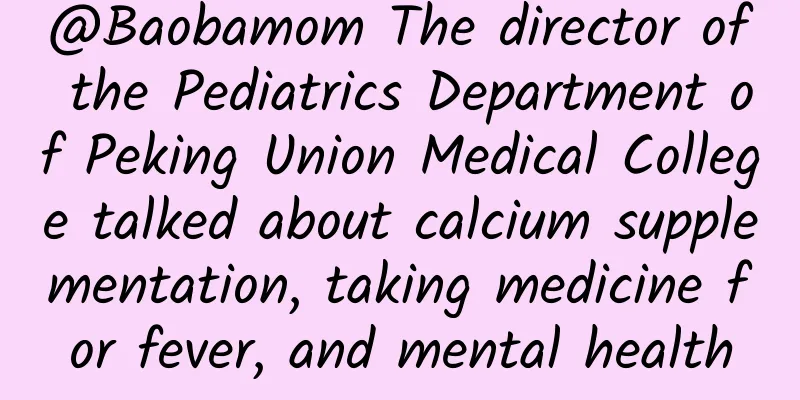Understand in one article | How do kidneys work?

|
The kidneys are located deep in the human body, supported and protected by organs or muscles in front and behind. They are very important organs in the body. The kidneys are also the "processing center" of water and metabolites in the body. The snacks, fruits, and medicines we normally eat three times a day are digested and decomposed in the body through various pathways to form large and small compounds, and most of them enter the blood circulation and are transported to all parts of the body. At this time, the body discharges unnecessary metabolic waste into the blood by "taking the essence and removing the dregs". After a large amount of cellular "living garbage" accumulates in the blood, the kidneys, a competent "guy", start to work. The kidneys have rich blood circulation. They are composed of many complex capillary networks. These capillaries form millions of small glomeruli, which form a huge "processing center" for water and metabolites. Each small glomeruli form a separate "workshop" responsible for the processing of water and metabolites in the blood. Under normal circumstances, one part of the "workshop" works in an orderly manner, and the other part of the "workshop" is used as an emergency reserve. When the body has the following conditions, the normal work of part of the "workshop" may be affected, resulting in common symptoms such as hematuria and proteinuria. 0 1: Hypertension Chronic hypertension may damage the glomeruli and renal tubules, leading to a gradual decline in renal function. 0 2: High blood sugar levels in diabetes can damage the glomeruli and cause diabetic nephropathy, which is a common complication in diabetic patients. 0 3: Infection Urinary tract infection or other bacterial infections can affect the kidneys and lead to infectious diseases such as pyelonephritis. 04: Obesity Obesity can increase the risk of chronic kidney disease. Obesity can cause chronic inflammation and insulin resistance, which is not good for kidney health. 05: Medications and Toxins Certain medications and toxins, such as over-the-counter medicines, drugs of abuse, and toxic chemicals, can cause damage to the kidneys. At this time, other reserve "workshops" will make emergency compensation to ensure the normal operation of the "processing center". If the reserve "workshop" compensation is not enough to ensure the normal operation of the "processing center", metabolic wastes such as urea nitrogen and blood creatinine will increase, and in severe cases, it may even lead to end-stage renal disease, which is what we often call "uremia". The kidneys are "silent when injured and seldom shed tears", so kidney disease is often called the "silent killer". Early kidney damage has no obvious clinical manifestations, so it is temporarily undetectable, which is the characteristic of kidney disease's "hidden onset". When obvious clinical symptoms of kidney disease appear, it is "too late" to take measures to "mend the fold after the sheep have been lost". As the saying goes, a wise man would rather prevent a disease than treat it after it has occurred. Let us work together to prevent and treat diseases before they occur, care for our kidneys, and stay healthy. |
<<: Long picture | Direct hit on "sub-health" - thinning hair
Recommend
Why is it so difficult to control a locust plague once it occurs? Why is it always followed by a drought?
Locusts are commonly known as grasshoppers. They ...
Menstrual bleeding and black color for 15 days
If a woman is healthy, the conditions of her mens...
Taking vitamin C while taking birth control pills
Some people will experience early pregnancy-like ...
Does yellow urine mean you have a fever? 7 types of abnormal urine may be signs of disease, check yourself now!
gossip As one of the three urgent needs of human ...
What is considered normal leucorrhea after curettage?
The uterine curettage is very harmful to the fema...
Can I eat old hens during menstruation?
Old hens are very common, and old hen soup is ric...
eMarketer: Asia Pacific's Internet and smartphone penetration rates rank second to last in the world
199IT original compilation The low penetration ra...
A great ingredient that is seriously overlooked! It has a higher protein content than eggs
If we divide the country by north and south, the ...
Positive ectopic pregnancy
Ectopic pregnancy is a special kind of pregnancy ...
Several ways to exercise abdominal muscles for girls
I believe that male friends must like to have cha...
Male patients should urinate while sitting during chemotherapy
Hello everyone, I am a chemotherapy drug, and I a...
Can my hips get wider after giving birth?
The enlargement of the hips after childbirth is a...
How to maintain the uterus and ovaries after abortion?
We all know that the uterus and ovaries are the m...
Age-related factors in women's menopause
Nowadays, there is a huge difference in the age a...
Can artificial insemination select sex?
Can artificial insemination select gender? The se...









